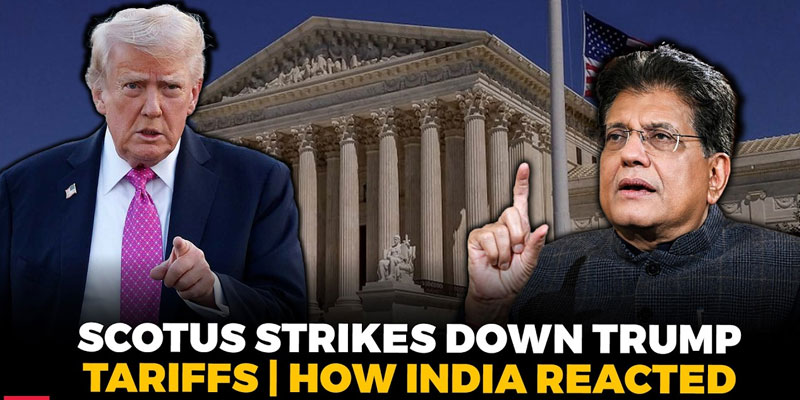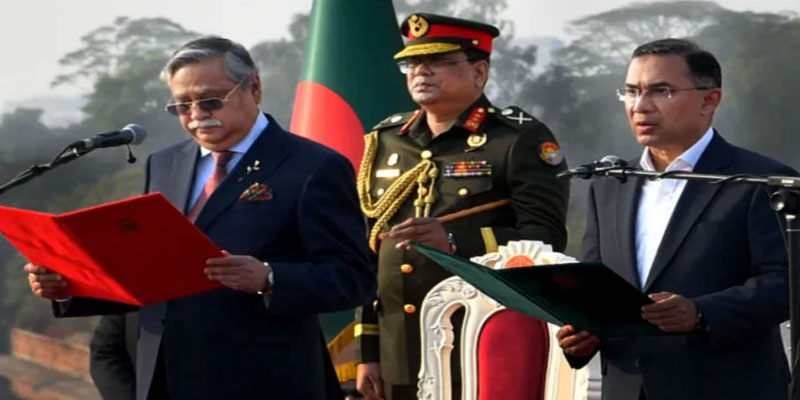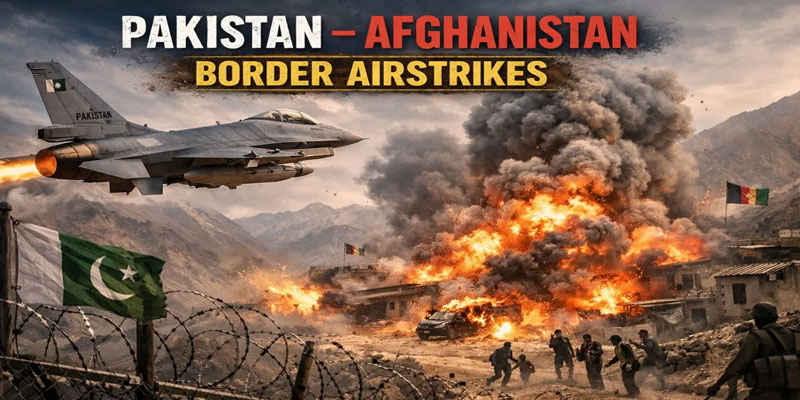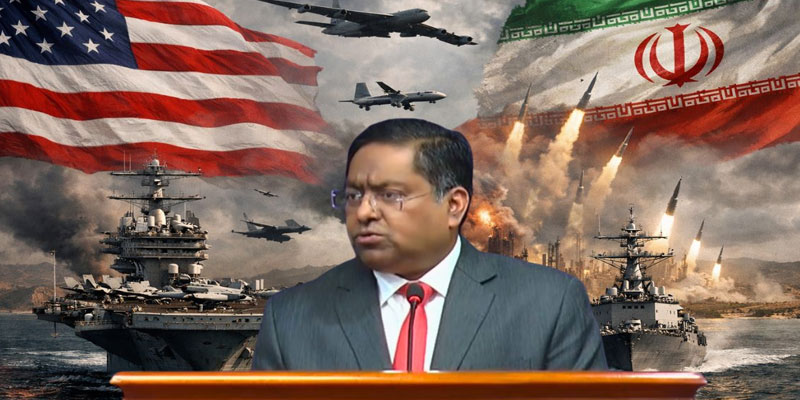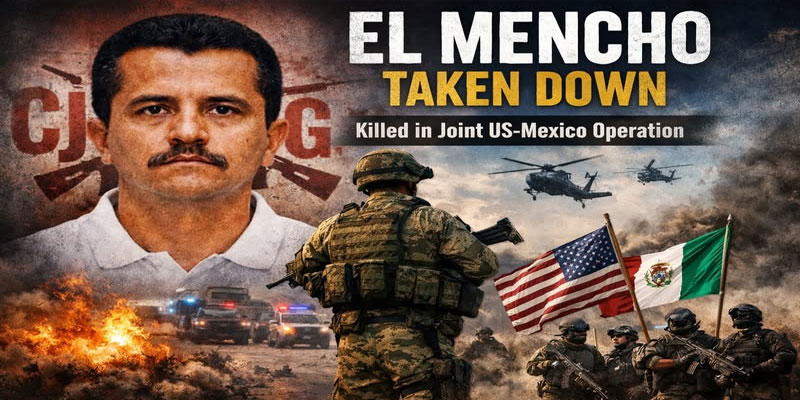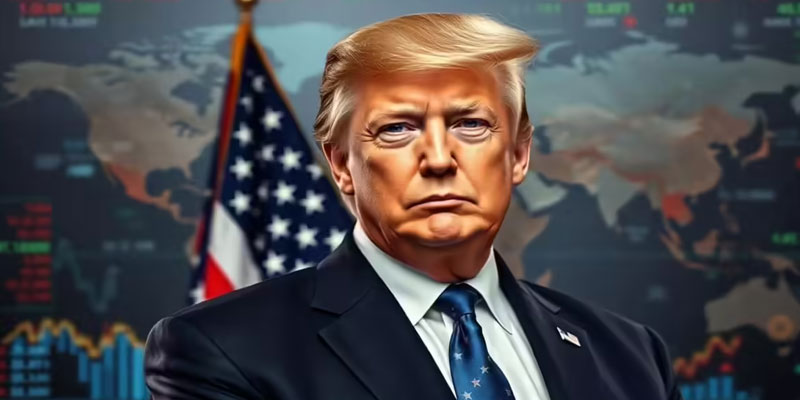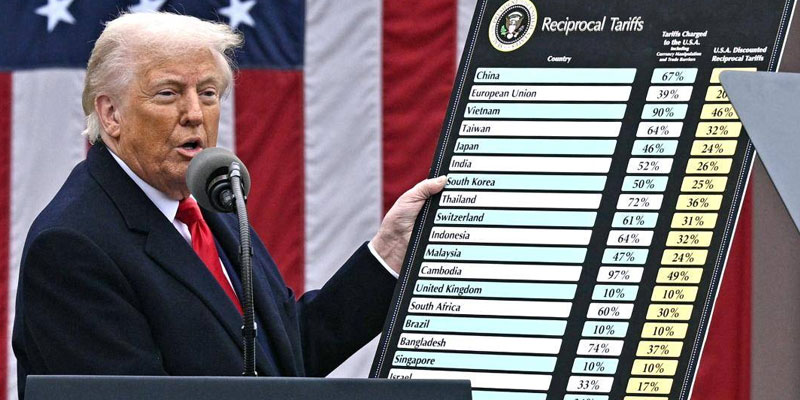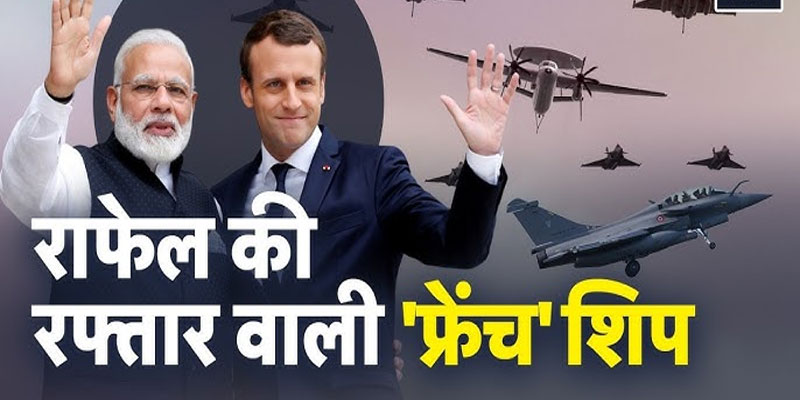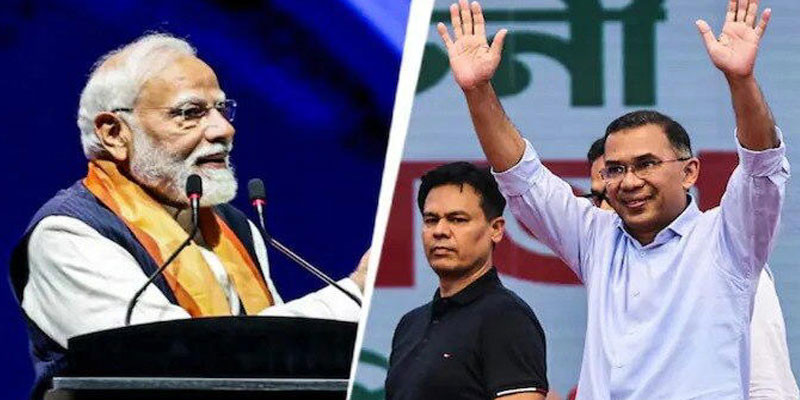In a diplomatic move that has stirred controversy at home and abroad, the Pakistani government has formally nominated U.S. President Donald Trump for the 2026 Nobel Peace Prize. The announcement — made just days after Trump hosted Pakistan’s army chief at the White House — was quickly condemned by Pakistani diplomats, journalists, authors, and activists, who denounced the nomination as tone-deaf and humiliating, particularly in light of Trump’s vocal support for Israel’s military actions in Gaza and strikes on Iran.
Social media lit up with criticism, with many Pakistanis expressing disbelief over what they called a “cringe-worthy” bid for favor with Washington. The storm of disapproval comes at a time when Pakistan is trying to reassert itself diplomatically in a volatile South Asian and Middle Eastern landscape.
A Surprising Nomination Triggers Outrage
The Pakistani government’s rationale for nominating Trump centers on what it described as his "decisive diplomatic intervention" during recent hostilities between India and Pakistan. Officials credited Trump with helping prevent escalation at the height of Operation Sindoor — despite India consistently asserting that the ceasefire was a result of direct negotiations between the two nations.
The move, however, has sparked fury among many Pakistanis, who see it as a betrayal of core national values and foreign policy positions. Criticism erupted almost immediately after the announcement, especially given Trump’s public endorsement of Israel’s ongoing assault on Gaza and his support for potential strikes on Iran.
Critics Highlight Trump’s Gaza, Iran Stance
Prominent voices from Pakistan's diplomatic and intellectual circles openly challenged the government's decision.
Veteran journalist Zahid Hussain called the nomination “pathetic,” noting Trump's enthusiastic support for what he termed “genocidal war in Gaza.” “And the Pakistani government has recommended him for the Nobel Peace Prize? So pathetic,” he tweeted.
Former UN Ambassador Maleeha Lodhi expressed similar sentiments. “Ingratiation cannot serve as policy. This move does not reflect the views of the people of Pakistan,” Lodhi posted on X (formerly Twitter), underlining the disconnect between the decision and the sentiments of ordinary Pakistanis.
The announcement came closely on the heels of a reported lunch meeting between Trump and Pakistan's Army Chief, Field Marshal Asim Munir. According to U.S. media reports, Munir allegedly promised to back Trump’s Nobel bid in exchange for diplomatic goodwill — a claim that, if true, adds fuel to allegations of political expediency.
Diplomats, Activists Slam 'Pandering' Foreign Policy
Across civil society, Pakistani citizens expressed outrage at what many see as a move rooted in desperation and misplaced appeasement. Activist Rida Rashid bluntly declared the nomination evidence of a “puppet regime with zero dignity.” She added, “The genocide in Gaza is still happening because Trump wants it. And yet, Pakistan nominates him for peace?”
Another critic, Noor-e-Maryam Kanwer, wrote that Pakistan was once again proving itself to be a “rentier state,” too willing to trade principle for political favor.
Even within Pakistan’s political establishment, there was resistance. Senator Allama Raja Nasir called the move a “deeply misguided and ethically hollow decision,” adding that it undermines the spirit of the Nobel Peace Prize. “It sends a dangerous message,” he warned, “about what Pakistan is willing to overlook for political convenience.”
What’s Behind Pakistan’s Gamble?
So why is Pakistan championing Trump now — particularly when his administration's foreign policy often clashed with Islamabad’s interests?
The answer may lie in strategic signaling. Officially, the nomination emphasizes Trump's “robust diplomatic engagement” in de-escalating regional conflict, especially during the recent India-Pakistan standoff. The timing also aligns with Trump's repeated — albeit controversial — offers to mediate the Kashmir conflict. “After a thousand years, a solution can be arrived at,” Trump said earlier this year.
While India has firmly rejected third-party mediation and reiterated its stance that Kashmir is an internal matter, Pakistan has consistently pushed for global attention on the disputed region. The Trump Nobel bid may be part of a broader attempt to curry U.S. favor and highlight Islamabad’s own narrative on Kashmir.
Still, critics argue the price of this gambit is too high. Pakistan’s own diplomats and civil society fear the nomination paints the nation as servile, rather than sovereign — pandering to a former president whose record, many say, runs counter to peace itself.
A Misstep in Diplomacy?
Pakistan’s nomination of Donald Trump for the Nobel Peace Prize appears to be a high-stakes diplomatic gamble that has backfired domestically and tarnished its international image. Rather than earning goodwill, the move has drawn condemnation from all corners — from seasoned diplomats and journalists to human rights activists and politicians.
While Pakistan may be looking for strategic leverage in a region fraught with tension, this episode underscores a deeper dilemma: Can a nation uphold moral principles while navigating complex global power dynamics? For now, many Pakistanis believe their government has chosen the wrong side of history — and the wrong nominee for peace.
(With agency inputs)



